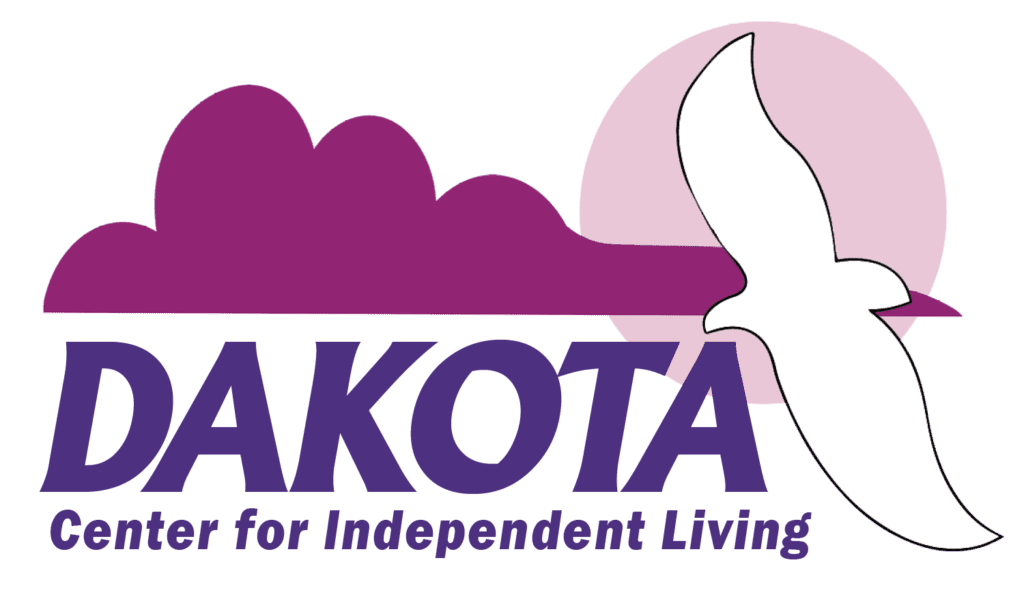I had never noticed this before, but it happened and it was uncomfortable. I met our Executive Director, Royce, at a local hamburger joint. I was only there to have him sign some checks, not to eat. Royce, however, decided to have lunch. We had been seated at our table for a few minutes when one of the wait staff came and asked “how are you doing today?” I looked up and he was looking at me so I said “I am great, how are you?” He assured me, while never taking his eyes off of me, that he, too, was fine and then asked me how everything was tasting and could he get us anything else. Remember, I was not the one eating. I said I did not need anything and looked at Royce to see if he needed anything else and he said he did not. Still looking straight at me, the staff member said ok and went on his way. All this while, I was very uncomfortable because this staff had stared directly at me the whole while. I did not say anything, but wondered to myself did I had something on my face, in my teeth, in my hair that shouldn’t be there?? After the wait staff left our table, Royce asked me if I was aware of what had just happened. He had noticed something, too, and it had nothing to do with me. Royce uses a wheelchair and he pointed out to me what had really just happened. It can be hard to witness, but when you’re at a restaurant and see someone with an obvious disability, watch how the wait staff interacts with them. More often than not they’ll ask questions of whoever they’re with – not them. Not once did the waiter look at Royce, address him or acknowledge in any way that he was even in the room. I felt awful.
Make eye contact; never avoid someone with a disability. People who fear they could do or say something unintentionally disrespectful toward a person with a disability sometimes default to ignoring that person altogether. Never do this. People with disabilities are human, and their existence deserves acknowledgement. Any human would feel terrible being ignored; it’s never the right choice. The number one thing to remember is to treat someone with a disability how you would want to be treated. Everyone appreciates respect and etiquette, not just people with disabilities.
If you would like a free presentation on the topic of Disability Etiquette, contact The Dakota Center for Independent Living at 222-3636.
Talk to Us, Not Whoever Is with Us
By Carol Cristilli, Independent Living Advocate, Dakota Center for Independent Living
I had never noticed this before, but it happened and it was uncomfortable. I met our Executive Director, Royce, at a local hamburger joint. I was only there to have him sign some checks, not to eat. Royce, however, decided to have lunch. We had been seated at our table for a few minutes when one of the wait staff came and asked “how are you doing today?” I looked up and he was looking at me so I said “I am great, how are you?” He assured me, while never taking his eyes off of me, that he, too, was fine and then asked me how everything was tasting and could he get us anything else. Remember, I was not the one eating. I said I did not need anything and looked at Royce to see if he needed anything else and he said he did not. Still looking straight at me, the staff member said ok and went on his way. All this while, I was very uncomfortable because this staff had stared directly at me the whole while. I did not say anything, but wondered to myself did I had something on my face, in my teeth, in my hair that shouldn’t be there?? After the wait staff left our table, Royce asked me if I was aware of what had just happened. He had noticed something, too, and it had nothing to do with me. Royce uses a wheelchair and he pointed out to me what had really just happened. It can be hard to witness, but when you’re at a restaurant and see someone with an obvious disability, watch how the wait staff interacts with them. More often than not they’ll ask questions of whoever they’re with – not them. Not once did the waiter look at Royce, address him or acknowledge in any way that he was even in the room. I felt awful.
Make eye contact; never avoid someone with a disability. People who fear they could do or say something unintentionally disrespectful toward a person with a disability sometimes default to ignoring that person altogether. Never do this. People with disabilities are human, and their existence deserves acknowledgement. Any human would feel terrible being ignored; it’s never the right choice. The number one thing to remember is to treat someone with a disability how you would want to be treated. Everyone appreciates respect and etiquette, not just people with disabilities.
If you would like a free presentation on the topic of Disability Etiquette, contact The Dakota Center for Independent Living at 222-3636.
By Carol Cristilli, Independent Living Advocate, Dakota Center for Independent Living

